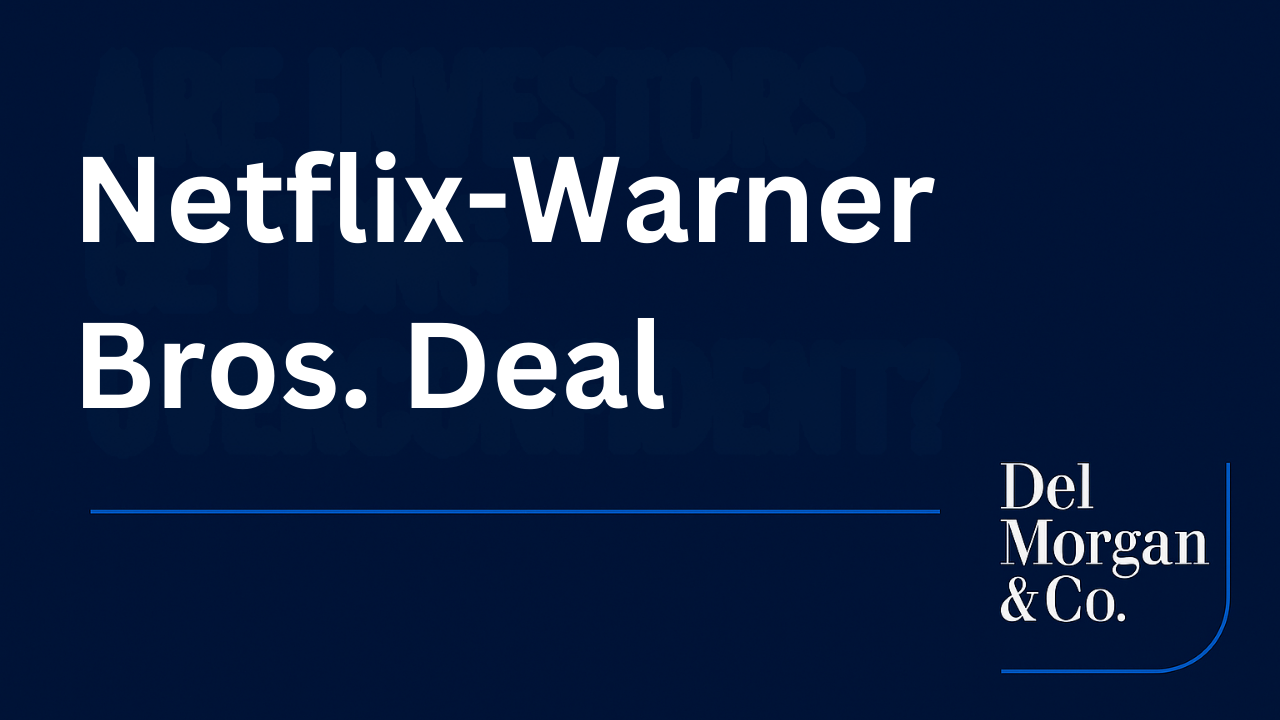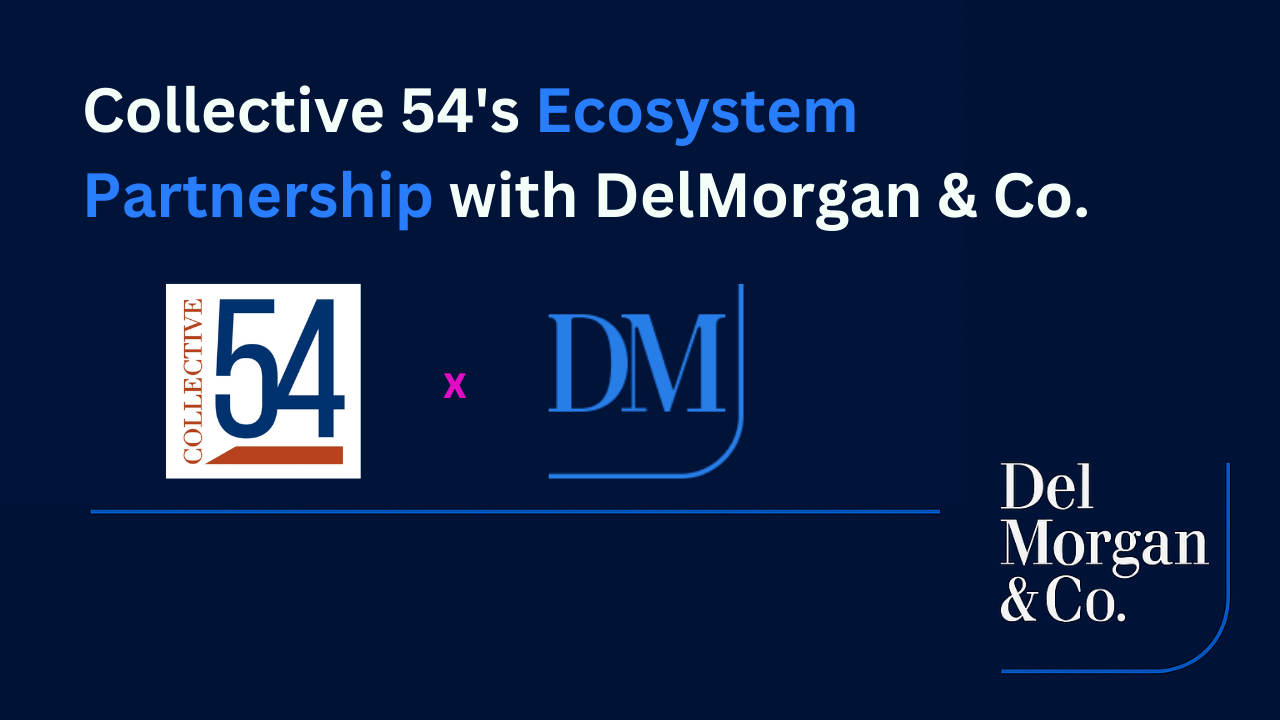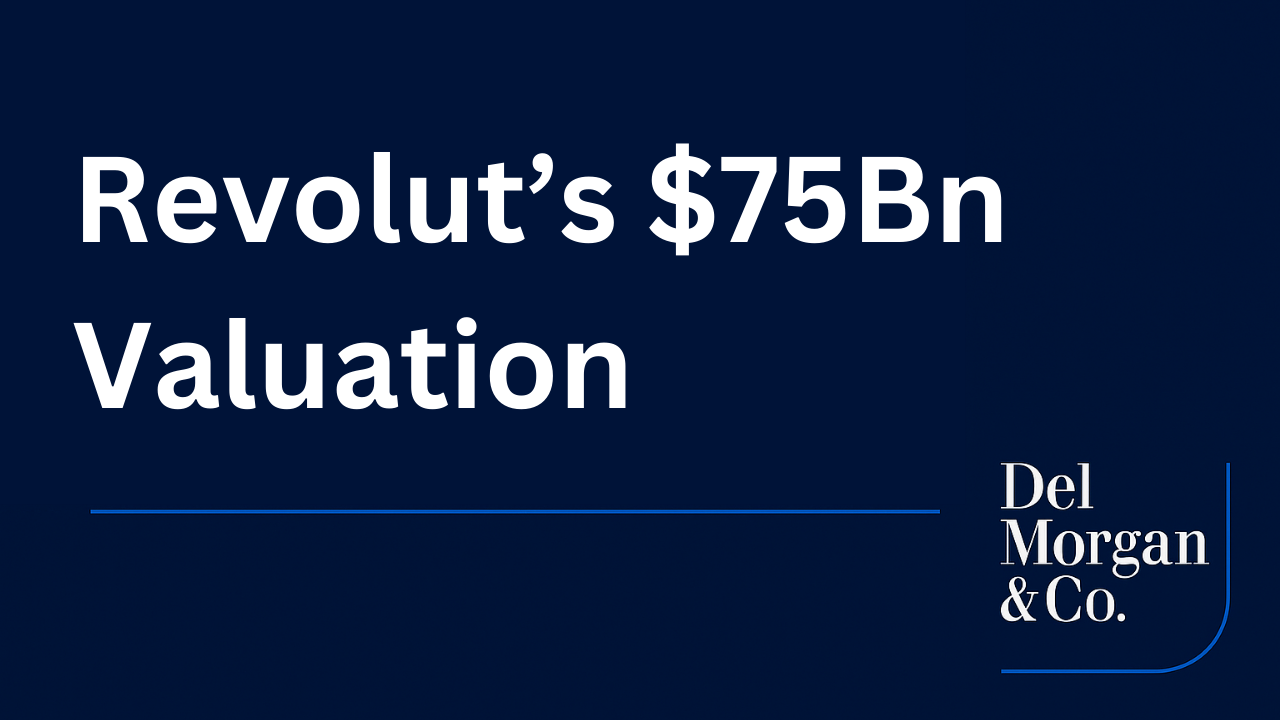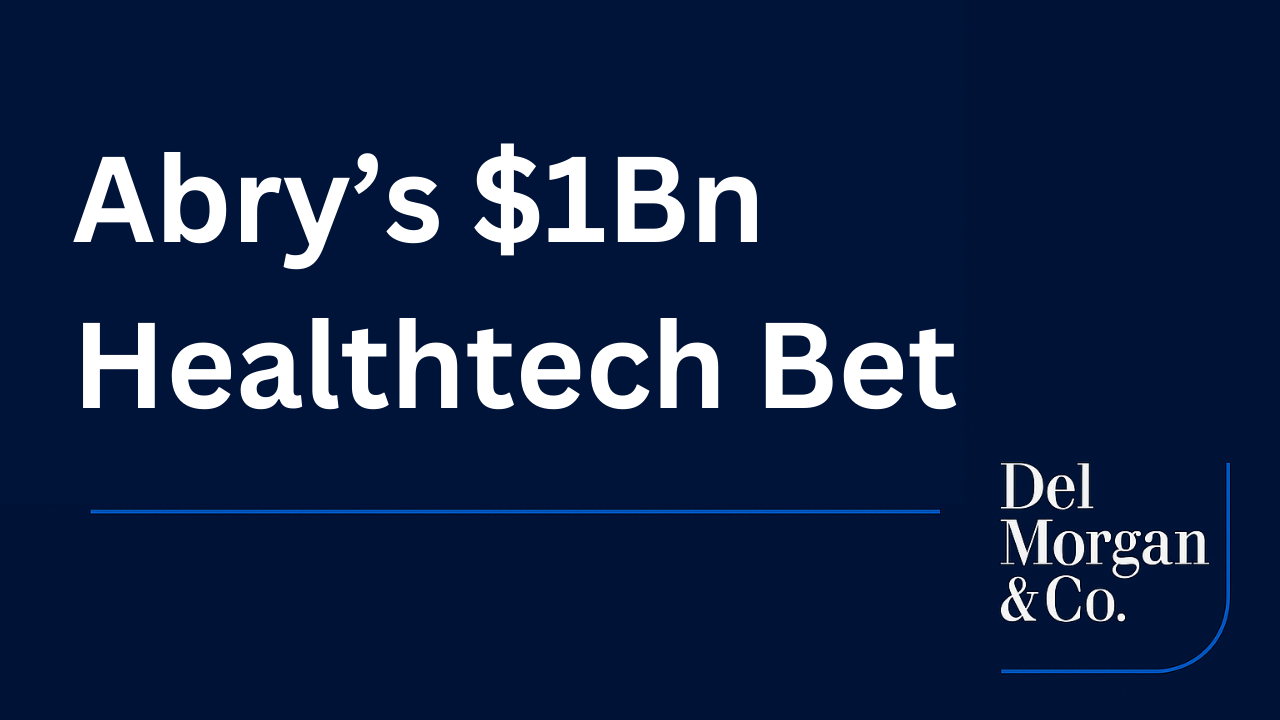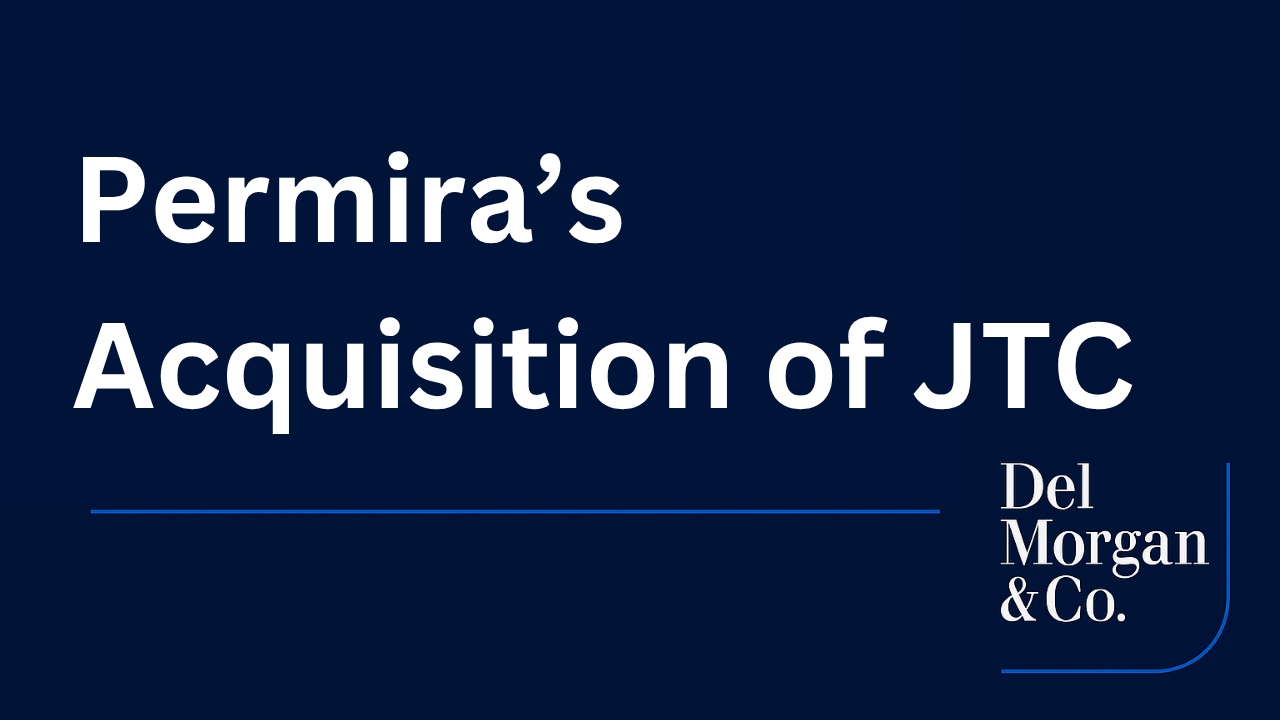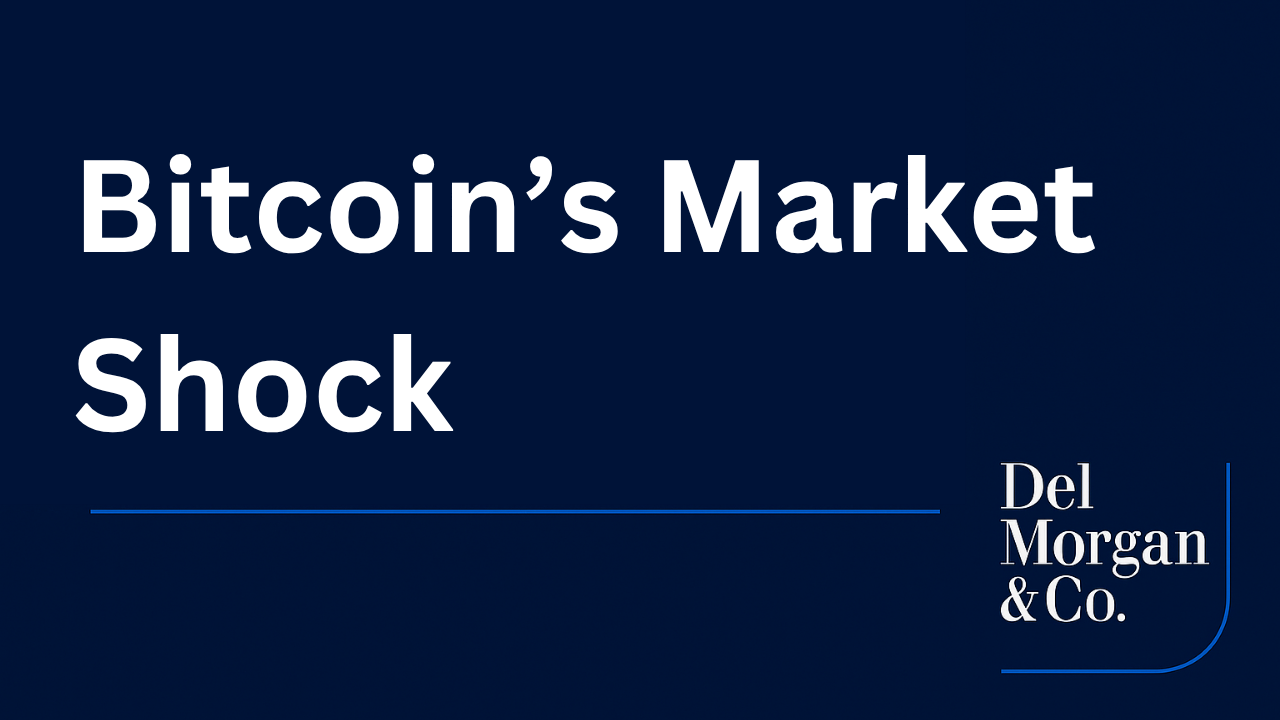In the dynamic world of artificial intelligence, large language models and general-purpose tools often dominate headlines, captivating the public with their ability to generate text, images and code across diverse domains. However, a quieter, yet commercially potent, evolution is gaining momentum: the rise of vertical AI startups. These companies develop highly specialized AI solutions tailored to specific industries, delivering precise, effective and scalable tools. As 2025 approaches, this focused approach is increasingly attracting investors seeking performance, clarity and long-term value. DelMorgan & Co., through its advisory work, has noted a surge in interest in vertical AI platforms as businesses prioritize smart solutions for industry-specific challenges.

A Shift Toward Specificity
The appeal of vertical AI lies in its depth and precision. Unlike general-purpose models that aim to address a broad range of problems, vertical AI startups train their models on industry-specific data, aligning closely with the terminology, processes and decision-making logic of a particular sector. This results in faster, more accurate insights. For instance, a hospital deploying an AI model must ensure HIPAA compliance and provide explainable patient-facing decisions – requirements that horizontal models often struggle to meet.
A PitchBook report highlights the growing investor enthusiasm, noting that funding for vertical AI startups surged by over 70% annually, with healthtech, legaltech and industrial automation at the forefront. Venture capitalists are now prioritizing startups with deep domain expertise over those with broad technical capabilities.
Case Studies: Vertical AI in Healthcare and Law
Healthcare and legal services, traditionally slow to embrace digital transformation due to stringent regulations and legal risks, are witnessing some of the most compelling applications of vertical AI. In healthcare, startups such as Tempus and Viz.ai leverage machine learning for medical imaging and genomics, enabling faster, more accurate diagnoses and treatment planning. These tools reduce administrative burdens on clinicians while improving patient outcomes by extracting actionable insights from complex datasets.
In the legal sector, companies such as Harvey AI assist top law firms by automating document review and legal research. Trained on vast repositories of case law and firm-specific data, these systems augment attorneys’ work, freeing them to focus on high-value advisory tasks. The rapid adoption of these tools by leading firms underscores the tangible value of AI designed for specific tasks and deep industry understanding.
Building Defensibility Through Integrated Workflows
Vertical AI startups can gain a competitive edge by seamlessly integrating into their customers’ core workflows. This deep embedding enhances user engagement, boosts retention and creates defensible advantages through proprietary data and unique usage patterns. By becoming indispensable
to daily operations, these solutions often achieve higher margins and lower churn compared to broader, one-size-fits-all tools.
Investors are increasingly focusing on metrics such as embedded usage, renewal rates and access to exclusive data. According to Andreessen Horowitz, vertical AI companies with strong workflow integration can achieve customer retention rates 30-50% higher than their horizontal counterparts.
Implications for Investors and the AI Ecosystem
The rise of vertical AI presents investors with opportunities to back startups that demonstrate faster paths to revenue and stronger product-market fit. By addressing specific, high-impact problems, these companies often secure paying customers early, leading to better retention and shorter sales cycles. Their lean operations further enhance capital efficiency.
This shift is also driving investment in supporting infrastructure, including industry-specific model marketplaces, edge AI chips and governance tools. Companies such as Hippocratic AI are pioneering explainability technologies to meet regulatory requirements, creating new opportunities for value creation across the ecosystem.
Conclusion: The Next Chapter of Applied AI
Vertical AI is emerging not as a fleeting trend but as a strategic paradigm shift. For founders, success hinges on mastering the workflows and challenges of a single industry. For investors, vertical AI offers a compelling blend of defensibility, scalability and real-world impact. As this sector continues to mature, it is poised to redefine the application of AI, delivering tailored solutions that drive meaningful change across industries.
About DelMorgan & Co.
DelMorgan & Co. is a leading global investment bank headquartered in Santa Monica, in the greater Los Angeles area of Southern California. With over $300 billion of successful transactions in over 80 countries, DelMorgan‘s Investment Banking professionals have worked on some of the most challenging, most rewarding and highest profile transactions in the U.S. and around the globe.
